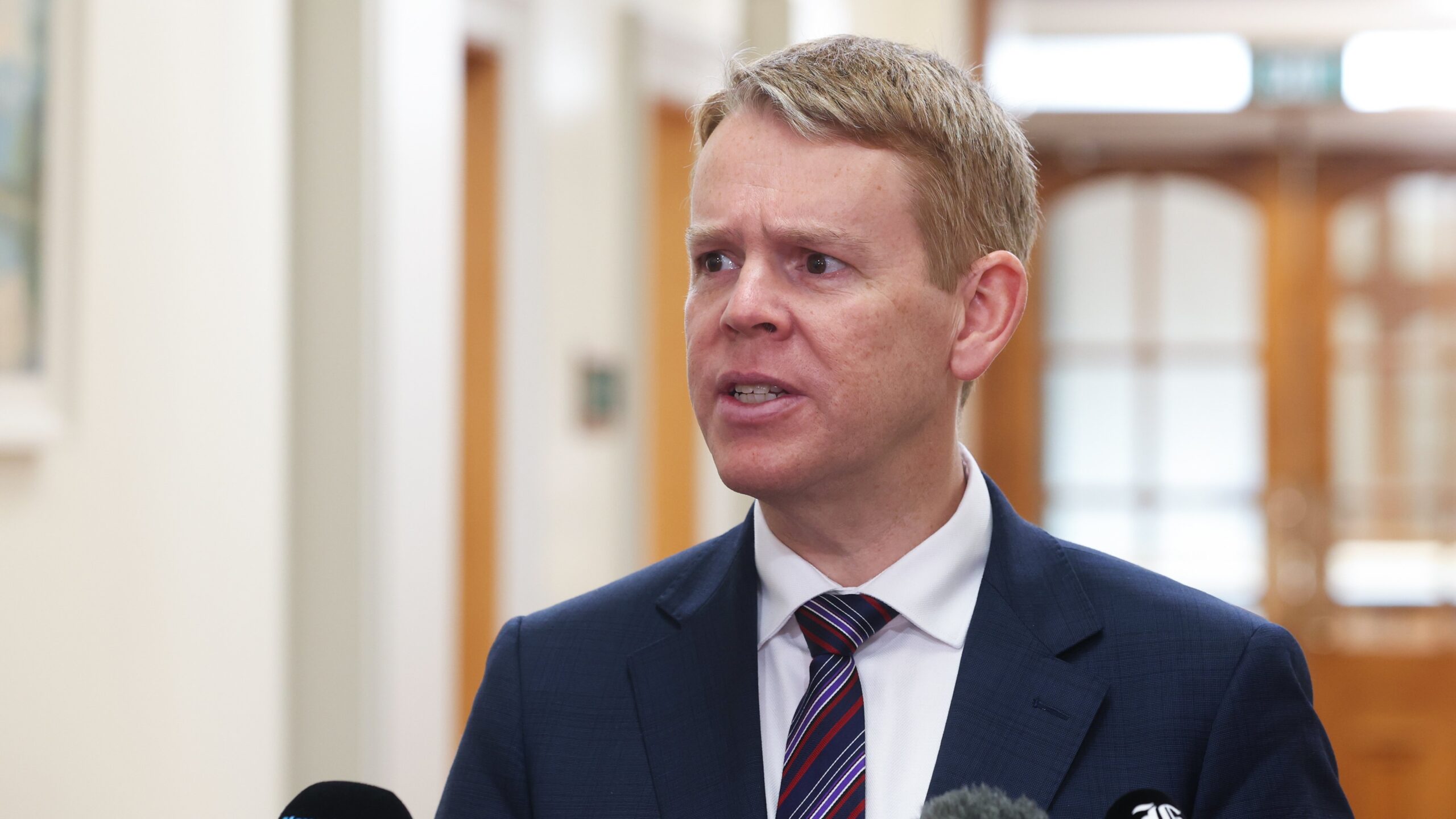Entertainment
Hipkins Faces Criticism Over Protest Law Vote and Leadership Style

In a week marked by political turmoil in New Zealand, Prime Minister Chris Hipkins faced significant backlash for his handling of protest-related legislation. Critics have labeled him a hypocrite for condemning violence against the home of a political rival while abstaining from voting on a crucial new protest law.
Political Landscape and Key Figures
Television host Mike Hosking provided a scathing analysis of the week’s events, assessing various political figures and their responses to ongoing issues in the country. He described the overall atmosphere as one that granted excessive attention to individuals seeking the spotlight, both on land and at sea, rating these “attention seekers” a mere 1 out of 10.
The Prime Minister’s response came under scrutiny after he expressed outrage over the vandalism of Winston Peters‘ home. Peters, New Zealand’s Foreign Minister, delivered a speech on the government’s “Pacific reset” strategy amid the chaos. Hosking rated Peters a 7 out of 10, acknowledging his measured approach in contrast to the turmoil surrounding him.
In a sharp critique, Hosking assigned Hipkins a low rating of 3 out of 10. He noted the Prime Minister’s condemnation of the damage to Peters’ residence but highlighted the inconsistency in Hipkins’ choice not to support the new protest law, which aims to address escalating tensions during demonstrations.
Criticism of Leadership Styles
Other political figures also drew Hosking’s ire. Chloë Swarbrick, the leader of the Green Party, received a dismal rating of 1 out of 10. Hosking described her party’s current state as “farcical,” suggesting that her leadership lacks direction and effectiveness. He quipped that if Palestine were treated as a national park, the party’s rationale might hold some clarity.
As the political climate shifts, the criticisms directed at Hipkins and his administration raise questions about leadership integrity and the effectiveness of government response to public unrest. The events of the past week serve as a reminder of the complexities facing New Zealand’s political landscape and the expectations placed upon its leaders.
With these developments, New Zealanders are left to ponder the future of their governance and the evolving dynamics of political discourse in the country. The implications of Hipkins’ actions and the responses from other political figures will likely continue to resonate in the weeks ahead.
-

 Sports1 month ago
Sports1 month agoNetball New Zealand Stands Down Dame Noeline Taurua for Series
-

 Entertainment1 month ago
Entertainment1 month agoTributes Pour In for Lachlan Rofe, Reality Star, Dead at 47
-

 Sports1 month ago
Sports1 month agoSilver Ferns Legend Laura Langman Criticizes Team’s Attitude
-

 Entertainment2 months ago
Entertainment2 months agoKhloe Kardashian Embraces Innovative Stem Cell Therapy in Mexico
-

 Sports2 months ago
Sports2 months agoGaël Monfils Set to Defend ASB Classic Title in January 2026
-

 World3 months ago
World3 months agoPolice Arrest Multiple Individuals During Funeral for Zain Taikato-Fox
-

 Entertainment3 weeks ago
Entertainment3 weeks agoTyson Fury’s Daughter Venezuela Gets Engaged at Birthday Bash
-

 Sports3 weeks ago
Sports3 weeks agoHeather McMahan Steps Down as Ryder Cup Host After Controversy
-

 Politics2 weeks ago
Politics2 weeks agoNetball NZ Calls for Respect Amid Dame Taurua’s Standoff
-

 Entertainment3 weeks ago
Entertainment3 weeks agoTyson Fury’s Daughter Venezuela Gets Engaged at Birthday Bash
-

 World2 weeks ago
World2 weeks agoNew Zealand Firefighters Plan Strike on October 17 Over Pay Disputes
-

 Sports2 months ago
Sports2 months agoTragic Death of Shane Christie Sparks Calls for Player Safety

















